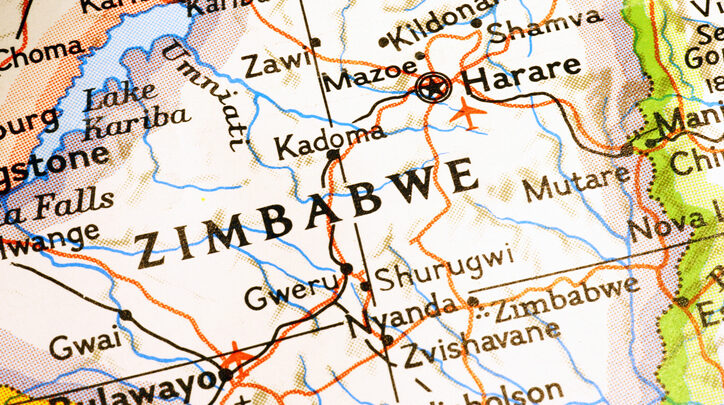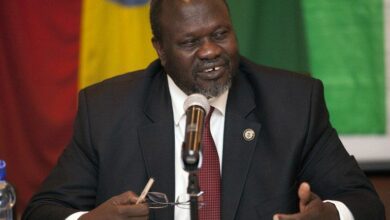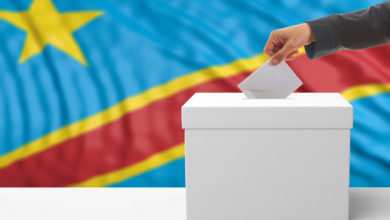World
United Nations To procure Food Aid For 4.1 Million People In Inflation Hit Zimbabwe

The United Nations on Tuesday said it is going to arrange for food assistance for 4.1 million Zimbabweans as the African country faces massive food shortage exacerbated by high inflation and climate-induced drought, reported Reuters. More than 7 million people are currently in need of assistance.
Zimbabwe is currently going through its worst economic crisis in a decade, marked by soaring inflation and shortages of food, fuel, medicines, and electricity. According to the U.N. expert, Hilal Elver, Zimbabwe’s inflation is skyrocketing to over 490%, the second-highest rate in the world after Venezuela.
“We are very much concerned as the situation continues to deteriorate,” Eddie Rowe, World Food Programme (WFP) country director, told a news briefing in Geneva. “We believe if we do not reach out and assist these people then the situation would blow up into a major crisis.”
The UN is planning to procure 240,000 tonnes of food aid from international markets, double of the WFP’s current programme in Zimbabwe.
Rowe said the agency will purchase maize grain from Tanzania and Mexico, and pulses from Kenya and the Black Sea area.
He added that Zimbabwe has only had one year of normal rainfall in the last five and markets are not functioning.
“There are families that go to bed hungry without a meal a day,” Rowe said.
Last week, state media reported that Zimbabwe President Emmerson Mnangagwa’s government is going to scrap its plan to remove grain subsidies next year. The move is likely to protect impoverished citizens from rising food prices.
According to rights groups, at least 17 people were killed and hundreds arrested in January after security forces cracked down on protests against fuel price increases.
“For a country that used to be the breadbasket of southern Africa, the situation is nothing short of tragic,” said Bettina Luescher, the WFP spokeswoman.






